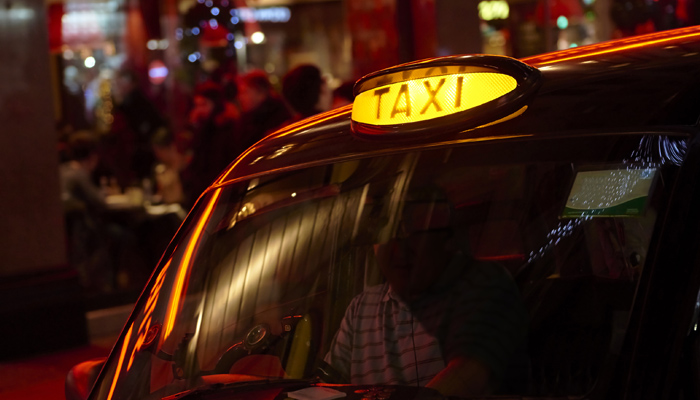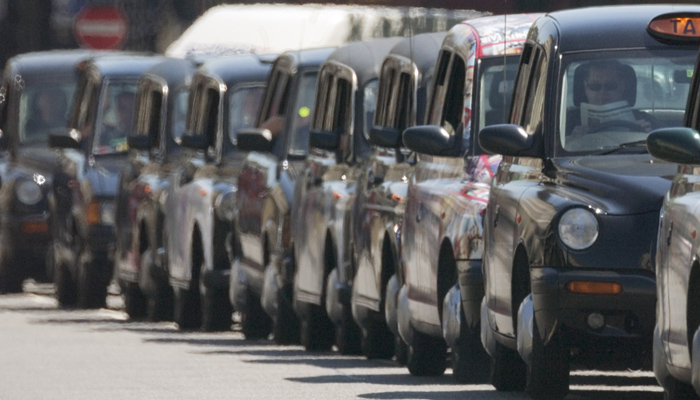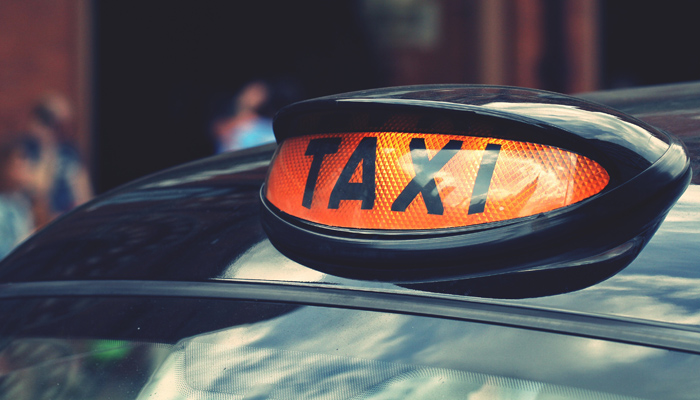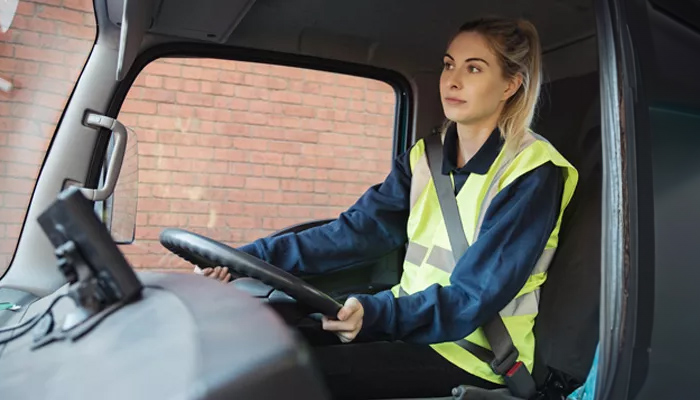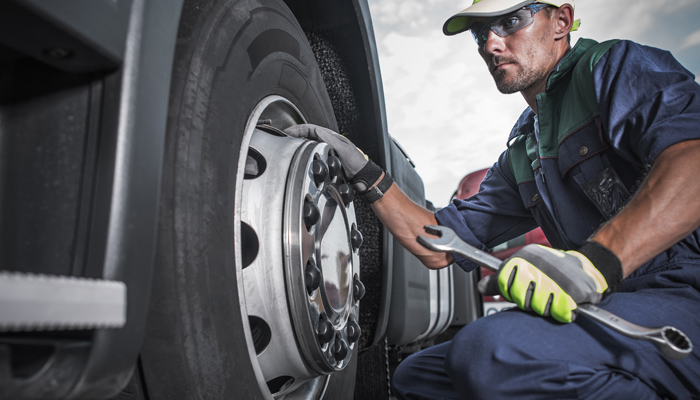How To Start a Taxi Firm
Taxis are an extremely popular method of travel in the UK, with the number of registered taxis and private hire vehicles having increased by nearly 90% since 2005. If you are looking to start a taxi firm, we have put together the guide below to help you take your first steps.
Before you start a taxi firm
Before you can set up your taxi firm, you must become a fully licensed taxi driver. In order to do this, there are some requirements you must fulfil, including:
- A valid UK, NI or EU driving licence that you have held for at least 12 months.
- You must be at least 18 or 21 years of age (depending on the area you will be operating).
- You must undergo background checks, a skills test and a medical check.
If operating in London, you will need to apply via Transport for London, who handle all London taxi driver applications. You will also need to pass the Knowledge of London test.
Setting up a taxi firm business plan
Will setting up your own taxi firm be a profitable business move for you? It’s advisable to draw up a business plan before you embark on starting up your taxi firm, so you know exactly what costs you will incur and whether it is a viable career path for you.
Some topics your business plan should address are:
- Will you be offering public hire or private hire taxis?
- What hours will you be operating?
- What equipment do you need?
- Will you operate a single car, or a fleet?
- What extra costs will you incur for operating a fleet?
- What will the startup costs be? (Cars, petrol, GPS, radio, etc.)
Choosing between public hire and private hire taxis
One of the first things you will need to do when you start a taxi firm is to decide whether your firm will operate public hire or private hire taxis.
Start a public hire taxi firm
Public hire taxis: Public hire taxis, or hackney carriages, do not need to be booked in advance by the passenger. Many public hire taxis look like black cabs but can also be standard cars. They are licensed to pick up passengers who have not booked in advance, so can be flagged down on the street, or can wait at taxi ranks outside train stations and airports. Black cabs are highly regulated and mostly found in urban areas, with fares controlled by local councils and numbers restricted by local authorities.
Start a private hire taxi firm
Private hire taxis: Private hire taxis, or minicabs, must be booked in advance and cannot wait at taxi ranks or be hailed by passengers on the street. Uber is an example of a popular private hire taxi firm - taxi businesses you need to call up and book over the phone also operate private hire taxis.
It is possible to mix fleets, with black cabs undertaking private hire tasks alongside standard minicabs. But remember that while it is possible for black cabs to be used for private hire, using minicabs for public hire is against the law.
What tasks will my taxi firm be expected to carry out?
When setting up your taxi firm, it is important to be mindful of the tasks you will be expected to carry out. These tasks may include:
- Picking up and dropping off passengers.
- Accepting bookings and planning routes and journeys.
- Taking the fastest and safest available routes.
- Helping to load and unload the vehicle.
- Calculating the correct fares, accepting payments, giving change and providing receipts.
- Regularly cleaning your vehicle.
- Maintaining your vehicle and ensuring it is in good working condition.
- Adhering to all road regulations.
- Ensuring the safety of your passengers.
Taxi insurance from Towergate
Taxi driving usually involves covering a far higher mileage than a standard car driver, often at unsociable hours and in built-up areas. This increases the risk of an accident and therefore it is hugely important that you are properly covered.
Taxi insurance includes motor insurance and passenger liability insurance as standard in every policy. This ensures that you and your passengers are protected should anything happen whilst you are working.
See our taxi insurance page for more information, provide us with your contact details to get a quote or call us on 01903 875 420.
Taxi fleet insurance from Towergate
If your firm grows to have more than four vehicles, we have a multi-vehicle policy, and for five or more taxis cover can be provided for taxi fleet insurance.
Provide us with your contact details to get a quote or call us on 01903 875 420.
About the author
 Chris North FCII is a respected industry leader with over 40 years' experience, who has worked in the insurance industry in a variety of roles, accumulating a wealth of knowledge.He is currently Technical Manager for Towergate's motor division, providing expertise on all matters relating to motor fleet insurance, in particular haulage and self-drive hire fleets.
Chris North FCII is a respected industry leader with over 40 years' experience, who has worked in the insurance industry in a variety of roles, accumulating a wealth of knowledge.He is currently Technical Manager for Towergate's motor division, providing expertise on all matters relating to motor fleet insurance, in particular haulage and self-drive hire fleets.
The information contained in this article is based on sources that we believe are reliable and should be understood as general information only. It is not intended to be taken as advice with respect to any specific or individual situation and cannot be relied upon as such.
Date: May 10, 2024
Category: Commercial Vehicle





